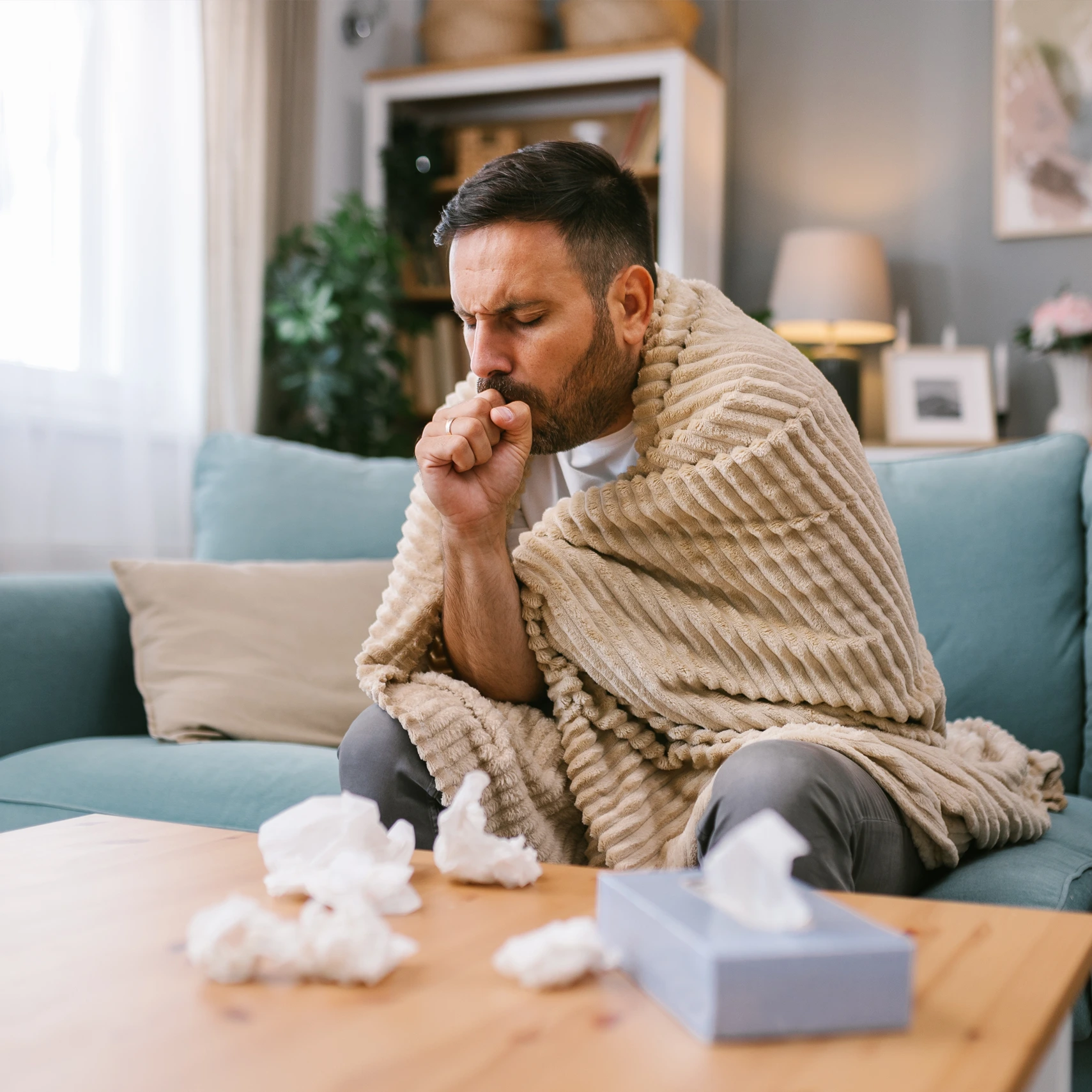-2.webp)
What causes cough in children?
A cough in children can be acute, subacute, or chronic. For adults, an acute cough is a cough lasting less than 3 weeks, a subacute cough lasts 3-8 weeks, and a chronic cough is a cough lasting more than 8 weeks.11. In children, a cough is considered chronic if it lasts longer than 4 weeks. 11
The most common cause of acute cough in children is an upper respiratory tract infection due to a virus (like a cold or the flu) 10. Other causes include 1, 2:
- chest infection with a virus or a bacterium
- asthma
- croup
- pneumonia
- an inhaled foreign object, such as a toy or food (this is a medical emergency)
Common causes of chronic cough in children under the age of 5 include 1:
- infections
- gastroesophageal reflux
- congenital disorder (from birth)
- asthma
- protracted bacterial bronchitis, or a persistent bacterial infection
- passive smoking & environmental pollution
- inhaled foreign object
Common causes of chronic cough in children over the age of 5 include 1:
- asthma
- infection
- post-nasal drip
- protracted bacterial bronchitis, or a persistent bacterial infection
- passive smoking
- bronchiectasis, a condition in which one or more bronchi are dilated
- psychogenic cough, or a so-called “habit cough”
When should I be concerned about my child's cough?
Although it may be upsetting to hear your child cough, coughing is usually nothing to worry about. In fact, studies estimate that a healthy child coughs about 11 times a day when they are well. However, in the cold season, they may cough more frequently due to upper respiratory tract infections that are common during this time of the year 1,11.
Most causes of acute cough in children clear up in a couple of days or weeks. For example, if the cause is a cold, symptoms may resolve in 5–7 days or in 2 weeks in small kids 2. The American Academy of Allergy, Asthma & Immunology (AAAI) notes that it is not uncommon for children to continue coughing for 2–3 weeks after a viral infection 3. During this time, if your child is drinking, eating, and breathing normally, and there is no wheezing with the cough, the cause isn’t likely to be serious 2.
However, if your child’s cough lasts for more than 2-3 weeks, you should see a doctor 2, 3. Still, it’s important to remember that cough also tend to resolve on their own after several weeks 1, 11.
You should also contact a doctor if:
How do I stop my child from coughing?
For children’s cough, treatment options that may relieve the symptoms quickly, include:
- honey, either on its own or as a warm drink with lemon 2
- lozenges may help with sore throat and coughs. However, they are not suitable for kids under the age of 4.
- non-prescription cough syrups for dry cough (such as Bisolvon Antitussive), for wet cough (such as Mucosolvan or Bisolvon Mucolytic for kids), or for both (Bisolherbal)
What is the most effective cough treatment for kids?
The best treatment for a child’s cough depends on the underlying cause 1. Most of the time, cases of acute cough in children are caused by an upper respiratory tract infection, which you can treat at home with the following remedies, for example 10, 5:
- resting and staying hydrated with plenty of fluids
- honey, either on its own or as a warm drink with lemon 2
- non-prescription cough syrups for dry cough (such as Bisolvon Antitussive), for wet cough (such as Mucosolvan or Bisolvon Mucolytic for kids), or for both (Bisolherbal)
In the case of colds and viral infections, children cough because mucus trickles down their throat and irritates it 2. So, clearing out the mucus can also help relieve the cough. For relieving mucus, you can try:
Cough syrups for kids
Mucosolvan uses the active ingredient ambroxol, which is an established compound that helps clear out mucus from the airways 6. Mucosolvan has a double action: it dissolves the mucus and expels it from the airways 7. It is suitable for children over the age of 2 7.
Bisolvon Mucolytic for kids uses bromhexine, an active compound that has also been shown to clear out mucus from the airways 6. The syrup is suitable for kids over the age of 2.
Finally, you can also try Bisolherbal, a cough syrup that harnesses the power of natural ingredients to soothe coughs in children and adults.
FAQs
- dry/staccato, like in the case of pneumonia
- barking/brassy, like in the case of croup
- barking/honking like in the case of habit cough
- spasmodic/whooping, like in the case of whooping cough
A new and continuous cough is one of the common symptoms of COVID-19 9. While most people recover from the condition, for some people, symptoms can linger for months. This Coughs tend to get worse at night because the mucus in your child's nose and upper airways drains down the throat 4. This irritates the throat and airways, causing the cough. Mucosolvan cough syrup relieves night-time coughs for up to 8 hours, and is suitable for children over the age of 2 7. called “post-covid condition”, or long covid. Some people report a chronic cough and sore throat as part of their symptoms of this 9.
COVID cough in children is usually dry, sometimes with wheezing 8. However, recent research published by the American Academy of Pediatrics has pointed out that Omicron, the currently predominant variant of the virus, may cause croup in children 9. Croup causes a sudden dry, “barking cough,” difficulty breathing, and a loud, harsh sound when inhaling called “stridor”9. Omicron variant may also cause a wet cough.
Cough in children can be wet or dry 1. A dry cough in children is usually associated with viral infection 11.
Cough in children can also be classified based on its sound. According to the Saudi Pediatric Pulmonology Association (SPPA), this cough sound can be:

1. Alsubaie H, Al-Shamrani A, Alharbi AS, Alhaider S. Clinical practice guidelines: Approach to cough in children: The official statement endorsed by the Saudi Pediatric Pulmonology Association (SPPA). Int J Pediatr Adolesc Med. 2015 Mar;2(1):38-43. doi: 10.1016/j.ijpam.2015.03.001. Epub 2015 Mar 20. PMID: 30805435; PMCID: PMC6372369.
2. Colds, coughs and ear infections in children - NHS, accessed 09/11/2022, available at https://www.nhs.uk/conditions/baby/health/colds-coughs-and-ear-infections-in-children/
3. Cough in Children | AAAAI, accessed 10/11/2022, available at https://www.aaaai.org/tools-for-the-public/conditions-library/allergies/cough-in-children
4. Coughing - Johns Hopkins All Children's Hospital, accessed 10/11/2022, available at https://www.hopkinsallchildrens.org/Patients-Families/Health-Library/HealthDocNew/Coughing
5. Common Cold | Antibiotic Use | CDC, accessed 04/10/2022, available at https://www.cdc.gov/antibiotic-use/media/pdfs/Common-Cold-P.pdf
6. Kardos P, Dinh QT, Fuchs KH, Gillissen A, Klimek L, Koehler M, Sitter H, Worth H. German Respiratory Society guidelines for diagnosis and treatment of adults suffering from acute, subacute and chronic cough. Respir Med. 2020 Aug-Sep;170:105939. doi: 10.1016/j.rmed.2020.105939. Epub 2020 Apr 25. PMID: 32843157.
7. Bisolvon & Mucosolvan Claims Catalogue, Sanofi, July 2022, CL-GLB-2200007 (internal document)
8. de Souza TH, Nadal JA, Nogueira RJN, Pereira RM, Brandão MB. Clinical manifestations of children with COVID-19: A systematic review. Pediatr Pulmonol. 2020 Aug;55(8):1892-1899. doi: 10.1002/ppul.24885. Epub 2020 Jun 15. PMID: 32492251; PMCID: PMC7300659.
9. Brewster, R.C., Parsons, C., Laird-Gion, J., Hilker, S., Irwin, M., Sommerschield, A., Michaelis, K.A., Lam, M., Parsons, A. and Mansbach, J.M., 2022. COVID-19–Associated Croup in Children. Pediatrics, 149(6).
10. Singh DP, Jamil RT, Mahajan K. Nocturnal Cough. [Updated 2022 Jan 25]. In: StatPearls [Internet]. Treasure Island (FL): StatPearls Publishing; 2022 Jan-. Available from: https://www.ncbi.nlm.nih.gov/books/NBK532273/
11. ERS guidelines on the diagnosis and treatment of chronic cough in adults and children. Morice, H. et al. 2020. European Respiratory Journal 55: 1901136; DOI: 10.1183/13993003.01136-2019
a. Mucosolvan Syrup leaflet last revised in July 2022.
b. Mucosolvan 75mg capsules leaflet last revised in July 2022.
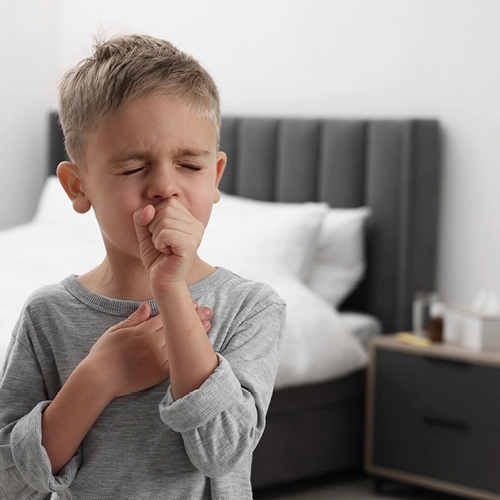
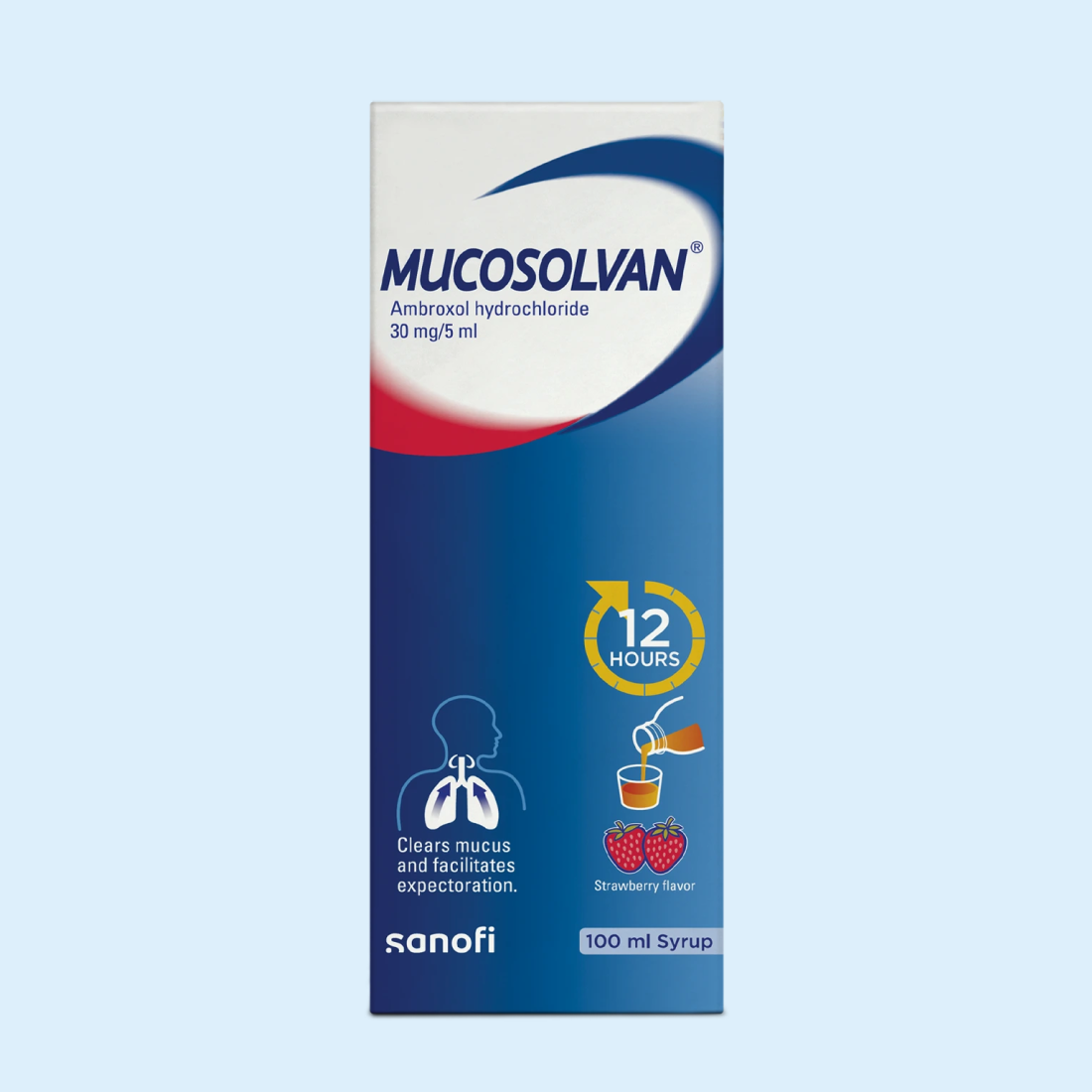
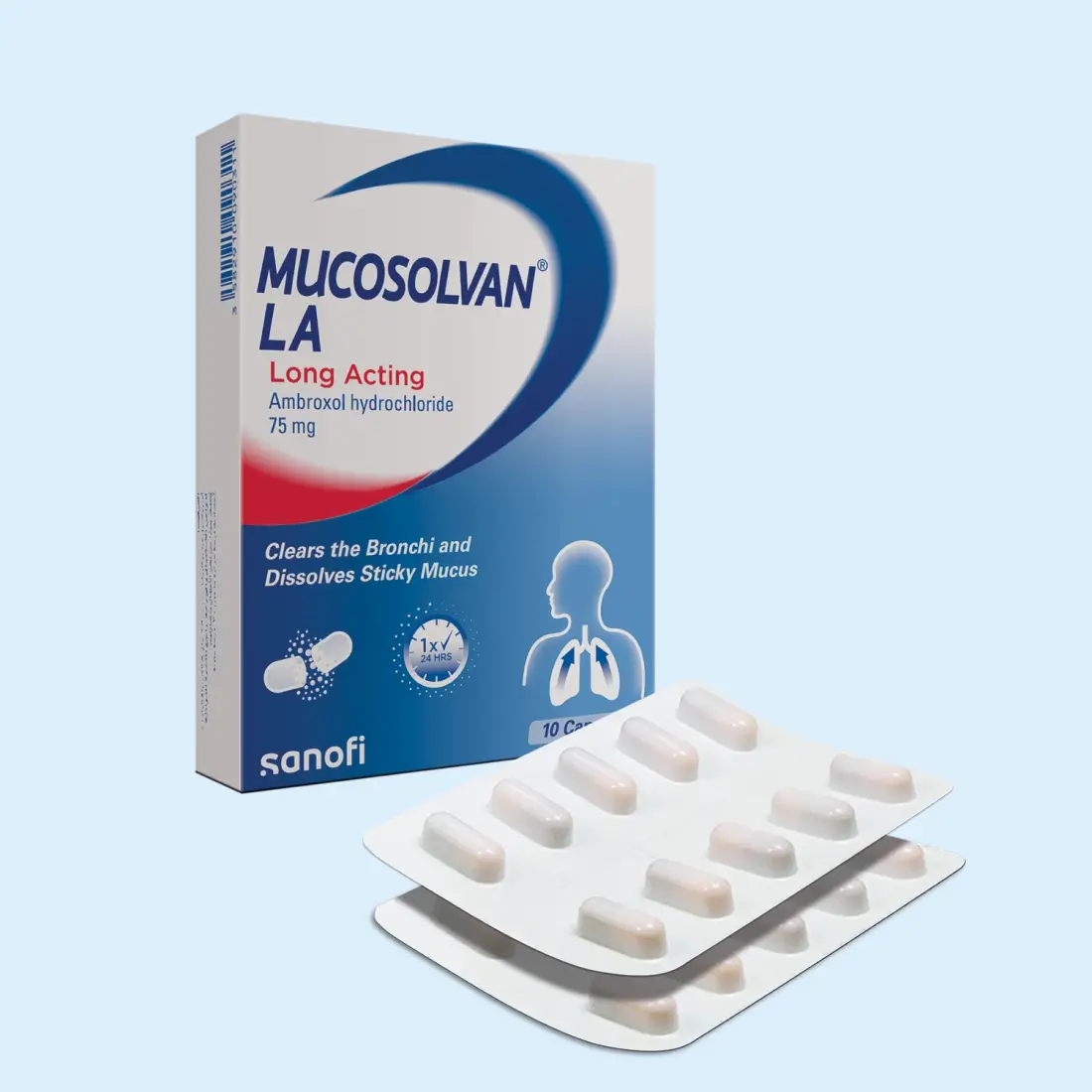
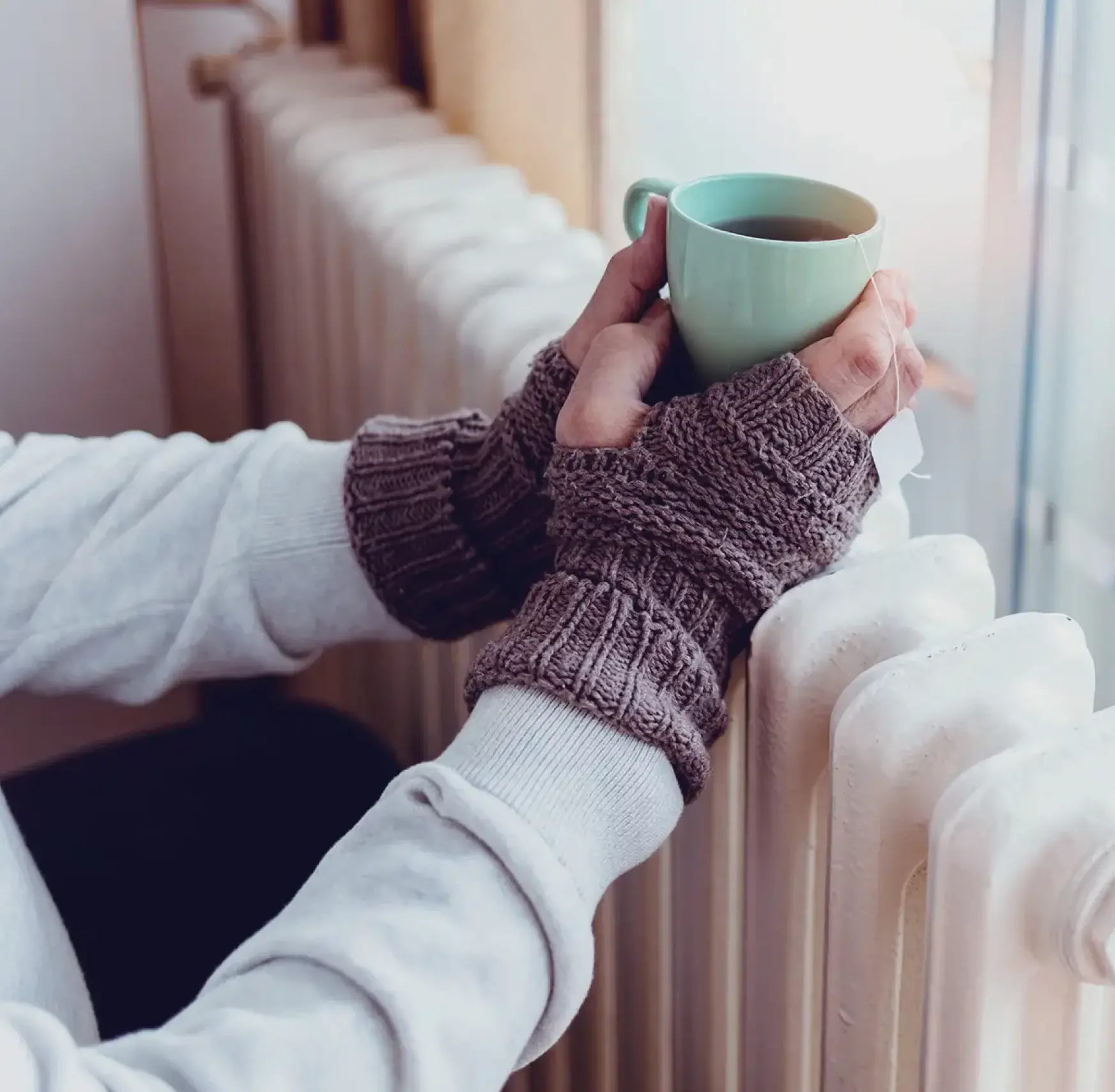
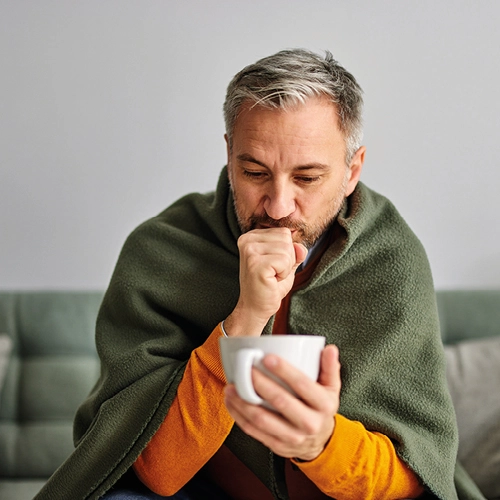

%20(1)%20(1).webp)
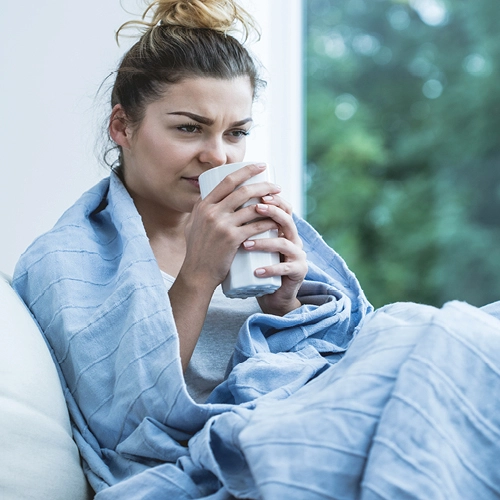
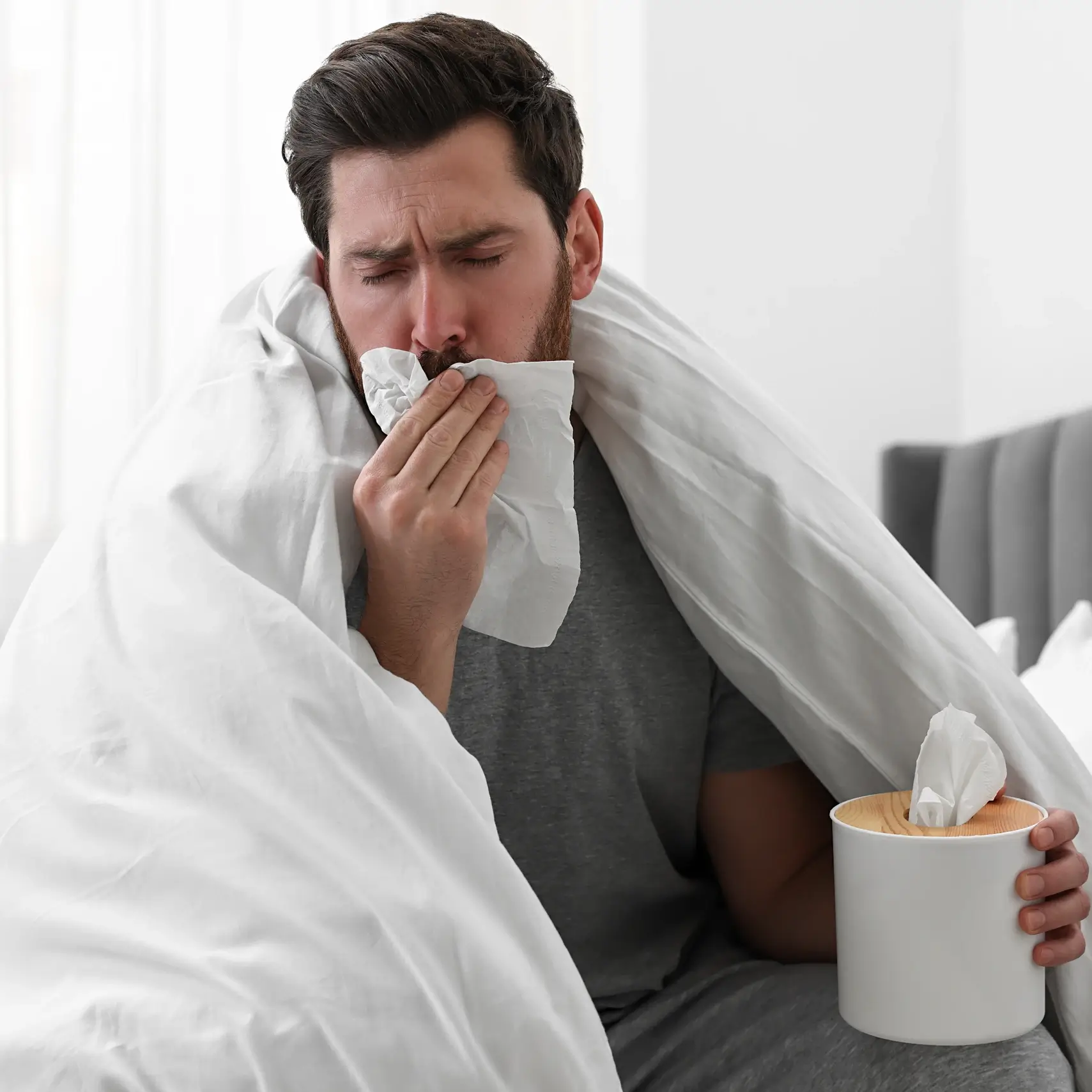%20(1).webp)
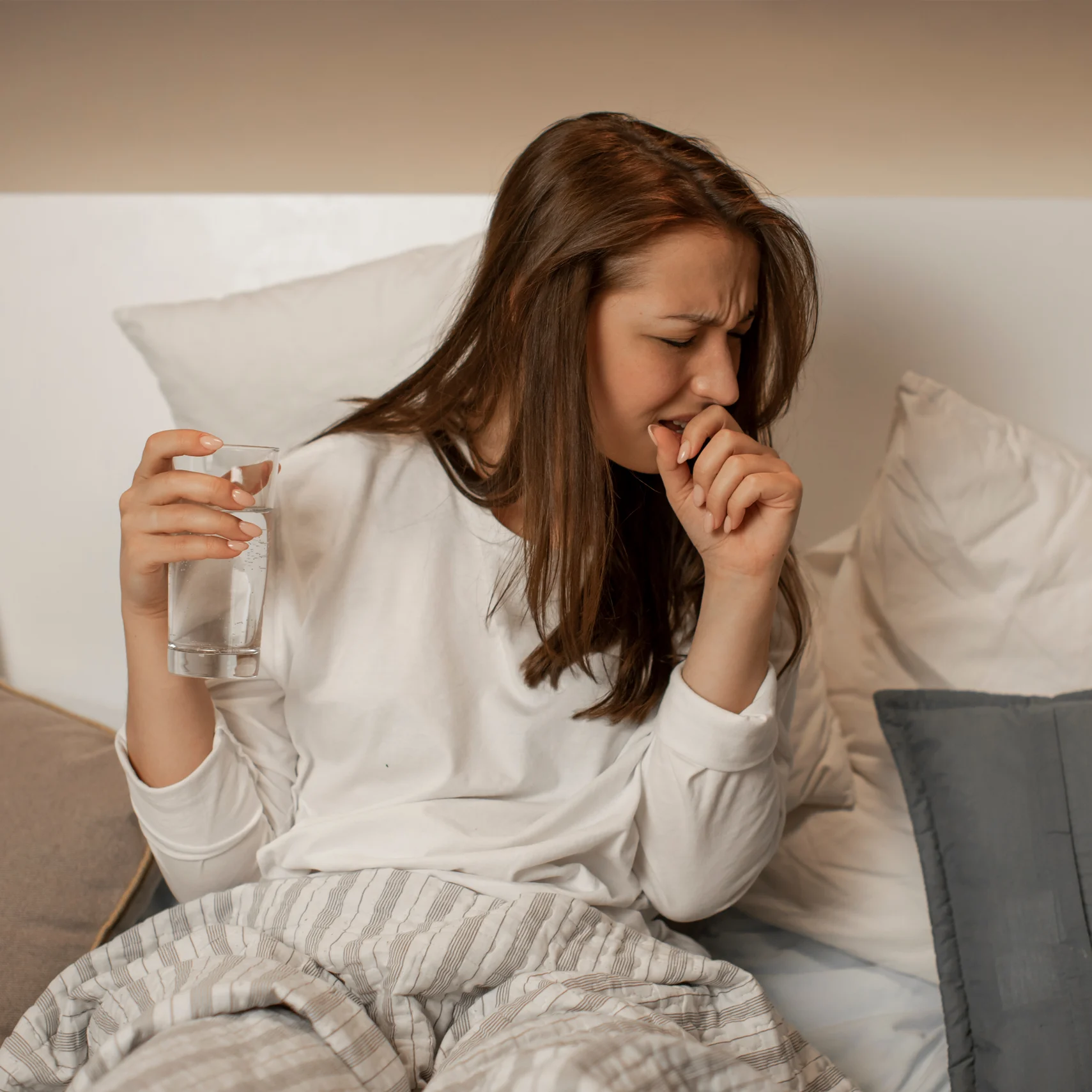
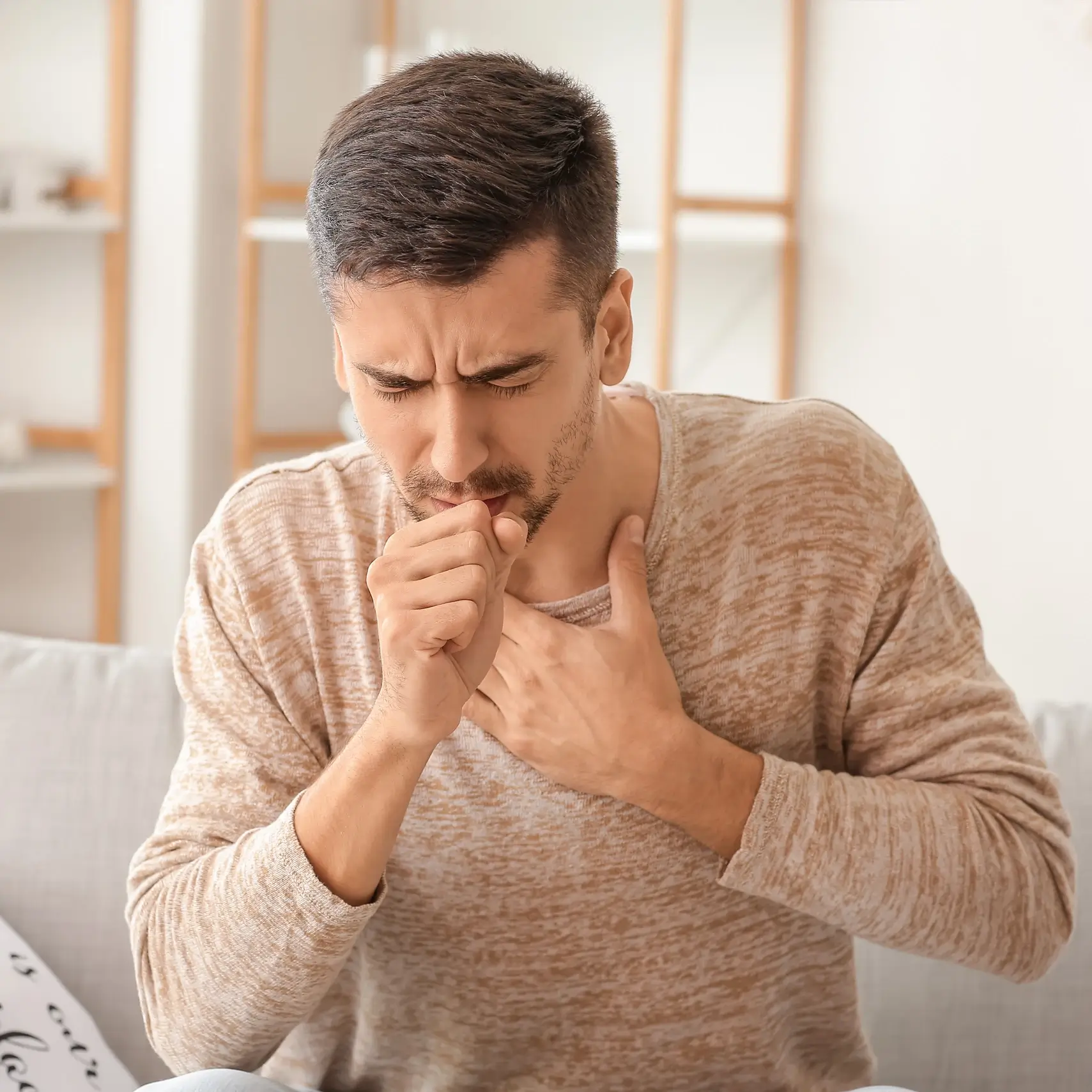%20(1).webp)